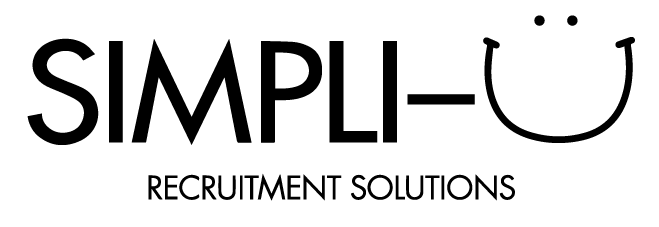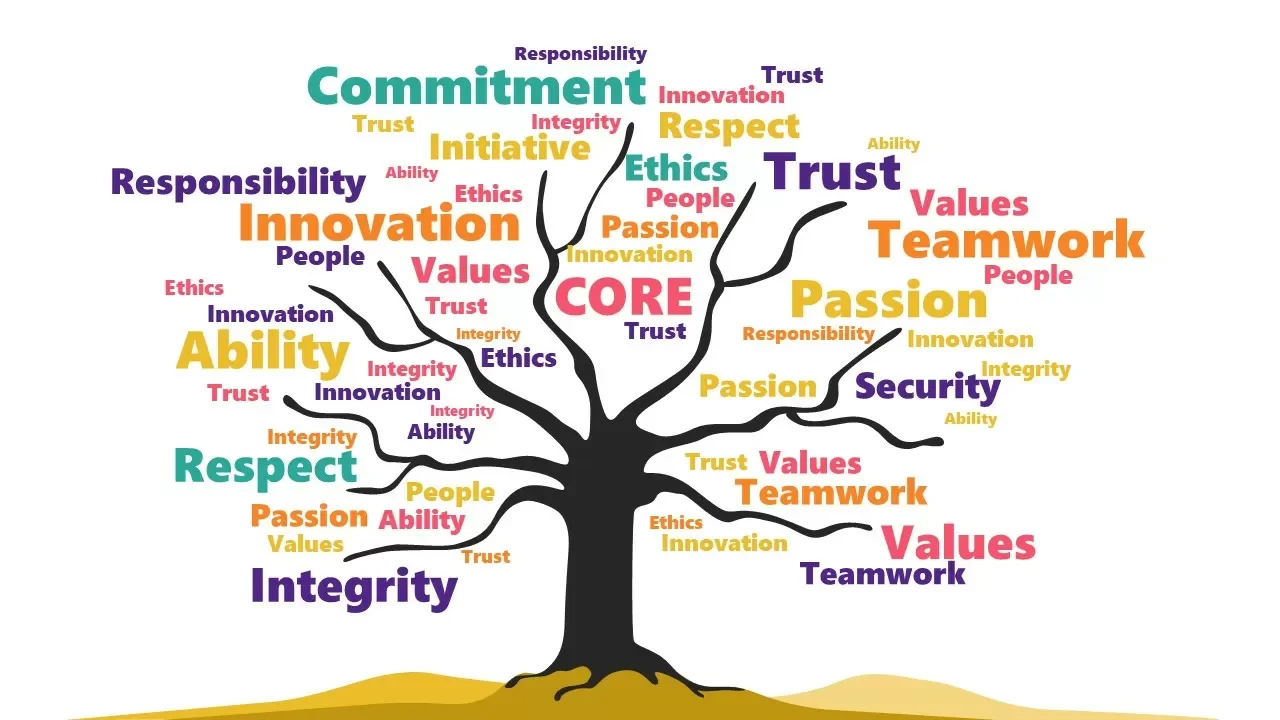Do Your Values Match Theirs?
Drive by Friday
–
Drive by Friday –
Every organisation has them — neatly written, perfectly worded, proudly displayed:
Integrity | Teamwork | Customer Focus | Innovation | Excellence
They’re printed on office walls, recited in strategy sessions, and woven into company websites.
But here’s the question:
Do your values actually align with the people you’re trying to attract?
Because while companies talk about their core values, candidates are quietly deciding whether they believe them.
What Candidates Value (and Feel)
In today’s job market, people aren’t just looking for a job — they’re looking for a fit.
A place that feels genuine, where what’s said in the interview matches what’s experienced on the ground.
Ask most candidates what matters to them, and you’ll hear:
Authenticity - Leaders who are transparent, approachable, and consistent
Flexibility and Trust -The freedom to work without micromanagement
Growth - Somewhere that encourages learning and career progression
Respect and Fairness - Where contribution matters more than title
Purpose - Knowing their work means something beyond the pay slip
For candidates, values aren’t a slogan — they’re signals.
They show up in the way people communicate, the tone of an email, the mood in a meeting, and the way challenges are handled.
If those signals don’t feel aligned, no amount of perks or pay will fix it.
WHAT COMPANIES SAY THEY VALUE
From the employer’s side, most organisations genuinely believe they have a clear set of guiding principles — and many do. But sometimes, those values were written years ago by a leadership team that’s long since changed. Or they’ve been polished so often that they no longer reflect how people actually work day-to-day.
When that happens, you get what I like to call “the poster problem”.
The words look good, but they don’t match the lived experience.
Values are meant to be felt, not framed.
If your employees can’t describe your culture without looking at the website, there’s probably a disconnect somewhere.
When the Two Worlds Don’t Align
This is where recruitment becomes tricky.
A company may be convinced they have a great culture — but if a candidate walks into the interview and feels a mismatch, they’ll sense it instantly.
The most common disconnects happen when:
Leaders preach “work-life balance” but reward only long hours
“Teamwork” is on the list, but collaboration is patchy
“Customer first” exists in theory, but internal politics get in the way
Candidates can spot inconsistency faster than ever — and they’ll quietly withdraw before you even know why.
Where True Alignment Happens
The sweet spot is when what the company stands for and what the individual believes in overlap.
That’s when work feels easy. Trust builds naturally. People stay longer, perform better, and advocate for your brand without being asked.
True alignment doesn’t mean everyone thinks the same way — it means people share a similar set of principles about how things are done and why they matter.
Let’s take a moment …
As the year winds down, it’s the perfect time for both sides to reflect:
For companies — are we living the values we promote?
For candidates — are we joining places that genuinely reflect who we are?
Because when both answers are “yes,” recruitment stops being about filling roles — it becomes about building lasting partnerships.
“Culture fit isn’t about matching personalities; it’s about matching principles.”
“Core values aren’t slogans — they’re fingerprints on everything you do.”
“You don’t hire a resume, you hire a value match.”
Follow Simpli-U and Stay Informed!
Catch all the latest Drive by Friday articles and recruitment insights on our blog. Stay up to date by visiting our blog page and following Simpli-U.
lorraine@simpli-u.com.au
Lorraine Singer
Director & Consultant, Simpli-U | Recruitment Solutions for the Novated Leasing, Salary Packaging & Automotive sectors | Australia-wide | Solutions all about ‘U’ (Clients & Candidates)


